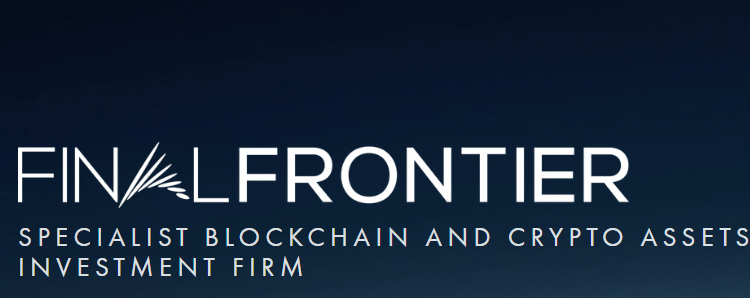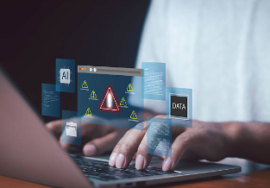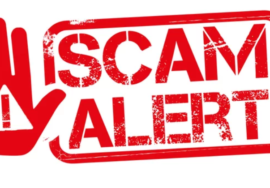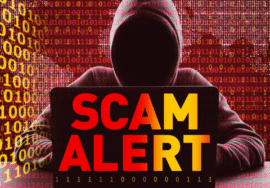
7 Critical Red Flags Exposing FinalFrontier.io as a Potential Crypto Scam
7 Critical Red Flags Exposing FinalFrontier.io as a Potential Crypto Scam
The cryptocurrency landscape continues to attract both innovation and exploitation. For every genuine blockchain breakthrough, there are dozens of fraudulent platforms preying on victims of financial scams. FinalFrontier.io is one such platform that markets itself as a high-tech, futuristic service for crypto recovery. But a closer look reveals alarming inconsistencies and danger signals.
The platform heavily promotes terms like Crypto fund reclaim, Bitcoin fraud recovery, Stolen wallet investigation, and Digital asset reclaim report. While these phrases sound impressive, they often mask fraudulent operations designed to exploit desperate victims.
Here are seven major warning signs that investors and victims must not ignore about FinalFrontier.io.
1. Unrealistic Recovery Guarantees
FinalFrontier.io makes bold claims of guaranteed crypto recovery and fast turnaround. This is impossible. Blockchain transactions are permanent and irreversible. Even law enforcement agencies cannot guarantee recovery of stolen coins. Any company that promises otherwise is playing on victims’ desperation.
2. No Valid Licensing or Regulatory Oversight
Legitimate financial or recovery firms operate under oversight from regulators such as:
- FCA (UK)
- SEC (U.S.)
- CySEC (EU)
FinalFrontier.io lists no verified licenses or registration numbers. This means users have no legal recourse if the company misuses their funds or data.
3. Buzzwords Over Evidence
The site floods its pages with jargon-heavy promises like Crypto fund reclaim and Digital asset reclaim report, but provides:
- No case studies
- No verifiable success metrics
- No third-party audits
This overuse of marketing lingo without transparency is a classic scam tactic.
4. Shady Contact Information
The contact page offers only vague email forms and no physical office address. There is no working customer support line or professional communication system. This deliberate lack of transparency shields the operators from accountability.
5. Fabricated Reviews and Testimonials
The testimonials highlighted on FinalFrontier.io are highly suspect:
- Generic names and stock photos
- Overly positive wording with no details
- No way to independently verify the supposed clients
This is a red flag because legitimate businesses always have a mix of reviews, not fake perfection.
6. Identical Patterns to Other Scam Sites
Fraud investigators have identified repeating signs in the design of FinalFrontier.io:
- Similar website template used across flagged scam networks
- Copy-paste claims of guaranteed recovery
- Duplicate buzzwords recycled across different domain names
This strongly suggests that FinalFrontier.io may be part of a larger scam ring.
7. Identity Theft Risks Through KYC Demands
Victims are often asked to provide personal identification to proceed with “recovery.” FinalFrontier.io may request:
- Passports
- Driver’s licenses
- Banking records
- Wallet seed phrases
Handing over such sensitive data can result in identity theft, financial compromise, and additional fraud.
Protecting Yourself Against Platforms Like FinalFrontier.io
- Verify Regulation – Always confirm licensing through official government databases.
- Reject Guarantees – Be cautious of anyone claiming “100% guaranteed” recovery.
- Do Independent Research – Check watchdog warnings, forums, and fraud trackers.
- Guard Your Documents – Never provide IDs or wallet keys to unverified companies.
- Report Suspicious Sites – Notify regulators and law enforcement immediately.
Final Word: Prevention is the Only Real Recovery
FinalFrontier.io tries to present itself as a futuristic recovery solution, but its reliance on phrases like Crypto fund reclaim, Bitcoin fraud recovery, Stolen wallet investigation, and Digital asset reclaim report cannot hide the truth. The lack of regulation, fake testimonials, and impossible guarantees are unmistakable red flags.
Victims should stay far away from such platforms and rely only on licensed recovery professionals and government agencies. The reality is clear: prevention is far safer than falling for false promises of instant crypto recovery.









